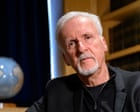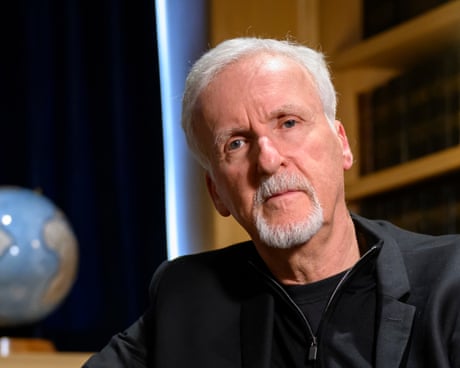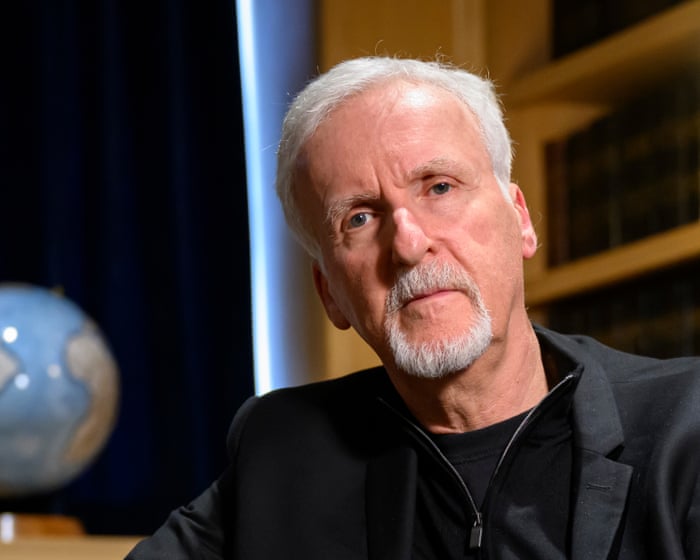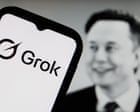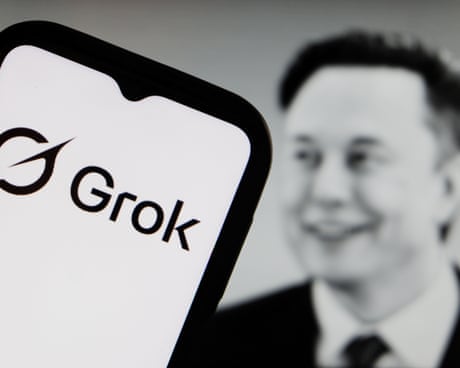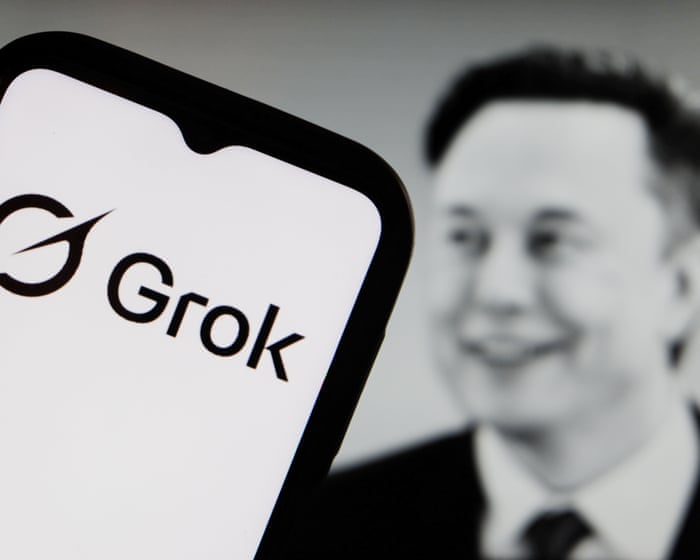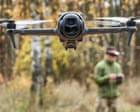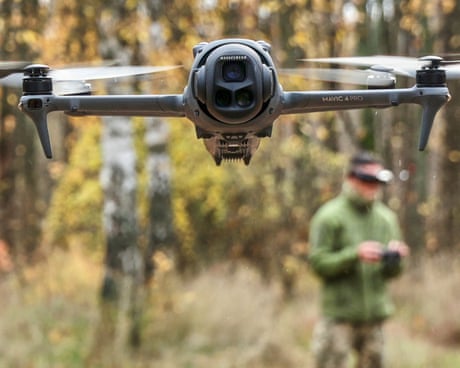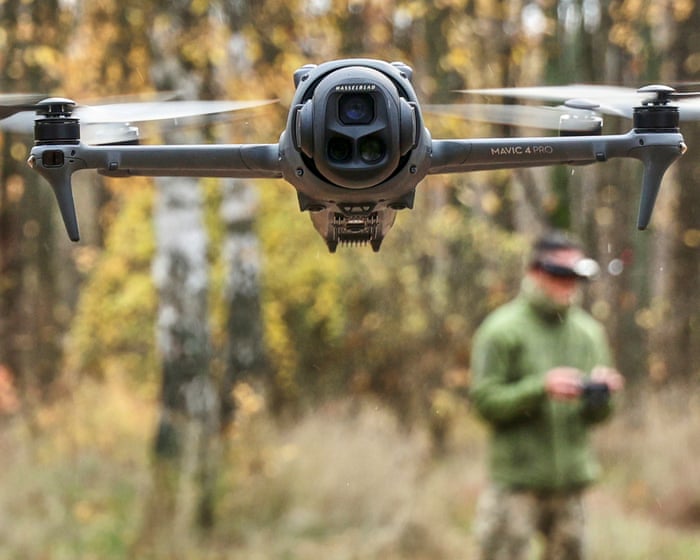Google plans to put datacentres in space to meet demand for AI
US technology company’s engineers want to exploit solar power and the falling cost of rocket launches
Google is hatching plans to put artificial intelligence datacentres into space, with its first trial equipment sent into orbit in early 2027.
Its scientists and engineers believe tightly packed constellations of about 80 solar-powered satellites could be arranged in orbit about 400 miles above the Earth’s surface equipped with the powerful processors required to meet rising demand for AI.
Continue reading...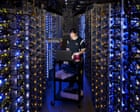
© Photograph: Google Handout/EPA
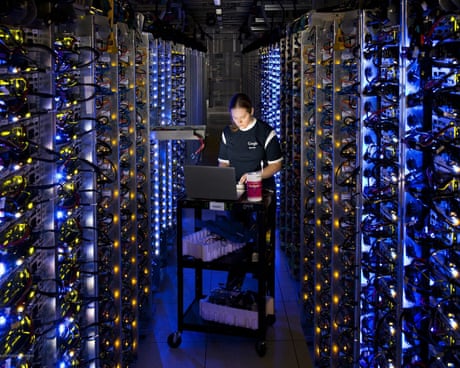
© Photograph: Google Handout/EPA
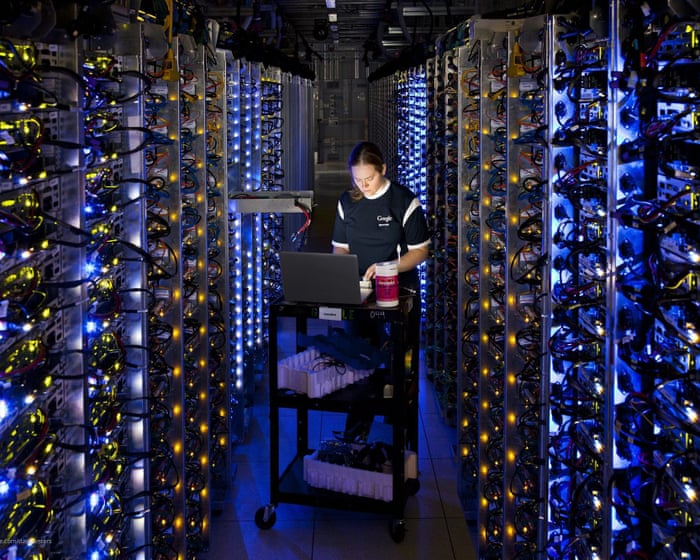
© Photograph: Google Handout/EPA
